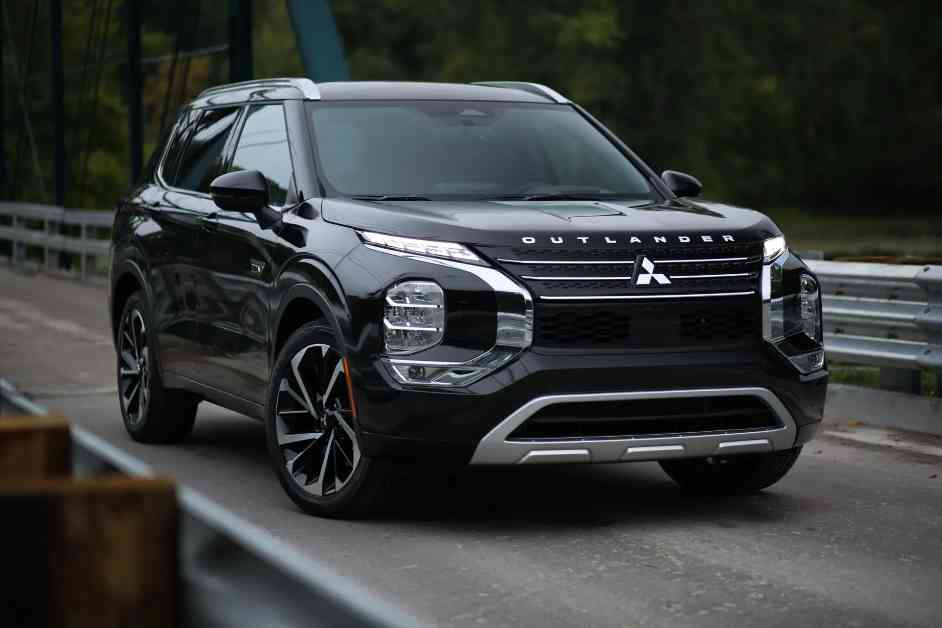Mitsubishi has expressed interest in joining the partnership between Honda and Nissan, which focuses on electrification and software. This partnership was initially announced in March and is now moving towards finalization with the inclusion of Mitsubishi.
The collaboration between Honda, Nissan, and now potentially Mitsubishi aims to standardize in-vehicle software systems. This move is seen as a strategic effort to compete more effectively with Tesla and various Chinese EV brands. The partnership will result in two dominant automotive groups in Japan, with Toyota leading one group and Honda, Nissan, and Mitsubishi forming the other. Together, these two groups sold over 19 million vehicles last year.
Mitsubishi’s existing connection with Nissan through the Renault Nissan Mitsubishi Alliance has laid the groundwork for this potential partnership. The two automakers already share platforms and EV technology, with Nissan holding a significant ownership stake in Mitsubishi. Additionally, Mitsubishi and Honda have previously collaborated on projects like the Altna battery leasing joint venture.
Japanese automakers have been striving to catch up with their foreign competitors in the EV market, especially in light of China’s emergence as the world’s largest exporter of vehicles. In a separate initiative, Toyota, Mazda, and Subaru have joined forces to develop a new generation of internal-combustion engines.
The addition of Mitsubishi to the partnership between Honda and Nissan signifies a strengthening of the collaboration and a concerted effort to enhance competitiveness in the evolving automotive industry. By pooling resources and expertise, these Japanese automakers are positioning themselves for future success in the rapidly changing market landscape. This move also reflects a broader trend in the industry where strategic alliances are becoming increasingly common to address the growing demands for innovative technologies and sustainable solutions. Ultimately, this partnership could pave the way for groundbreaking developments in electric vehicles and software integration, benefiting not only the companies involved but also consumers seeking more advanced and eco-friendly transportation options.










